10 Little Known Facts About Sourdough Low Carb Bread

Low carb bread is a game changer for anyone following a keto or low carb lifestyle. But have you ever wondered if sourdough could be the bread of your dreams? In this article, we’ll explore 10 surprising facts about sourdough low carb bread. You’ll learn how it can fit perfectly into your diet, boost your gut health, and satisfy your bread cravings without breaking your progress. Get ready to discover why sourdough is becoming a popular low carb bread alternative among low carb enthusiasts!
Fact #1: What Makes Sourdough Low Carb Bread Different from Other Low Carb Breads?

Here’s the fact about sourdough low carb bread:
Sourdough low carb bread stands out from other low carb breads because of its unique fermentation process. Unlike standard low carb bread made from almond flour or coconut flour, sourdough is naturally fermented using wild yeast and lactic acid bacteria. In using low carb ingredients and with this fermentation, there’s a reduction in carbs by about 30%, making it a better option for you on your keto or low carb diet. The natural process also gives sourdough a tangy flavor and chewy texture that you may enjoy. I say “may” because some people love the tanginess of low carb bread with sourdough fermentation while others dislike it.
Fact #2: Understanding the Difference Between Regular and Sourdough Low Carb Bread:

Here’s the fact about sourdough low carb bread:
When comparing sourdough to other low-carb breads, the key difference lies in how it’s made and how this affects its nutrition.
Fermentation Process:
Sourdough uses wild yeast and lactic acid bacteria to ferment the bread. This process breaks down some of the starches and sugars, making it easier to digest and lowering the carbohydrate content. The fermentation process works in both traditional and low carb breads. The difference is that the low carb breads use low carb ingredients that do not spike your sugar level. Add the 30% carb reduction through fermentation and you can enjoy sourdough low carb breads that taste incredible all the while staying within your carb macros for the day.
Glycemic Index:
Thanks to fermentation and low carb ingredients, this variety of sourdough has a lower glycemic index (GI). This is ideal for those following a low carb lifestyle or keto diet or if you are simply managing your blood sugar levels.
Digestibility:
The slow fermentation process also breaks down gluten and phytic acid, making sourdough low carb bread easier on the stomach. This is helpful for those who have difficulty digesting other types of bread.
Fact #3: Why Does Sourdough Bread Have Fewer Carbs Than Regular Bread?

Here’s the fact about sourdough low carb bread:
Traditional sourdough bread has fewer carbs than regular bread due to the fermentation process. During fermentation, wild yeast and lactic acid bacteria feed on the sugars and starches in the flour. This breaks down the starches, reducing the carb content. The longer the fermentation process, the more starches are broken down.
Taking the carb reduction further, when you use low carb ingredients, the fermentation and the ingredients will produce a delicious sourdough low carb bread – as mentioned above.
Fermentation:
Reduces Phytic Acid: The fermentation process also reduces phytic acid, which can block the absorption of essential minerals. This makes the nutrients in sourdough low carb bread more bioavailable.
Glycemic Index and Carb Absorption: Fermentation also lowers the glycemic index, meaning the carbs are absorbed more slowly, helping maintain steady blood sugar levels.
Fact #4: Can Sourdough Low Carb Bread Really Help with Gut Health?
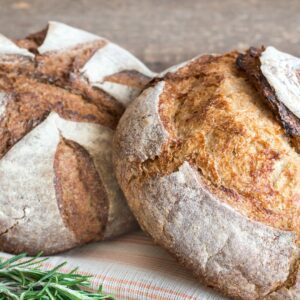
Here’s the fact about sourdough low carb bread:
Yes! Sourdough low carb bread is beneficial for your gut health. The fermentation process introduces beneficial probiotics, which are important for maintaining a healthy gut microbiome. Probiotics can help improve digestion, boost immunity, and even support mental health by maintaining a balanced gut environment.
Fact #5: What Is the Probiotic Power of Sourdough Low Carb Bread?
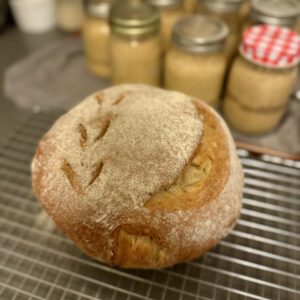
Here’s the fact about sourdough low carb bread:
Sourdough low carb bread isn’t just tasty; it also offers health benefits thanks to its probiotics.
- Wild Yeast and Lactic Acid Bacteria
Wild yeast creates an environment where lactic acid bacteria thrive. These bacteria are responsible for creating probiotics, which can improve digestion and nutrient absorption. - Digestive Health
Probiotics promote the growth of beneficial bacteria in the gut, which can improve digestion and reduce gut irritation. - Immune Health
Probiotics also strengthen the immune system, making it more resilient to illness. - Mental Health
A healthy gut microbiome can have positive effects on mental well-being. Probiotics found in sourdough may help improve mood and reduce anxiety.
Fact #6: Sourdough Is Rich in Essential Nutrients

Here’s the fact about sourdough low carb bread:
Sourdough low carb bread is not just a great bread alternative; it’s also packed with essential nutrients. These include B vitamins, magnesium, potassium, and zinc. Because of the fermentation process, these nutrients are more easily absorbed by the body. This makes sourdough a nutrient-dense choice for those on a low carb diet.
Fact #7: Sourdough Has a Longer Shelf Life Than Regular Bread

Here’s the fact about sourdough low carb bread:
One of the surprising benefits of low carb sourdough is its long shelf life. Due to its natural fermentation, sourdough can stay fresh longer than other breads. The organic acids produced during fermentation help prevent mold growth, meaning you can store it for several days without it going stale.
Fact #8: The Glycemic Load of Sourdough Is Lower Than Other Breads

Here’s the fact about sourdough low carb bread:
While the glycemic index measures how fast a food raises blood sugar, the glycemic load (GL) takes into account both the GI and the carbs in a portion of food. Sourdough low carb bread has a lower glycemic load compared to traditional bread, meaning it has less of an impact on blood sugar. This is especially beneficial for people with diabetes, metabolic syndrom, heart diease and or those following a keto or low carb lifestyle.
Fact #9: LC Sourdough Bread May Help with Weight Management

Here’s the fact about sourdough low carb bread:
Sourdough low carb bread can support weight management efforts. Its slow fermentation process helps increase satiety, or feelings of fullness, which can reduce overall calorie intake. Additionally, the probiotics in sourdough low carb bread may support a healthy gut microbiome, which is linked to better metabolism and weight control.
Fact #10: Sourdough Can Be Made Gluten-Free
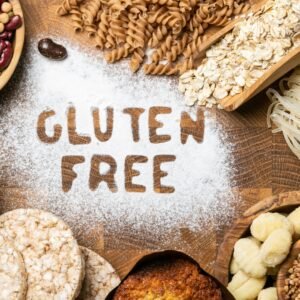
Here’s the fact about sourdough low carb bread:
For those who need or prefer to avoid gluten, gluten-free sourdough is a great option. By using gluten-free flours like rice flour or oat flour, you can still enjoy the benefits of sourdough, including the probiotics and reduced carb content, without the gluten. Keep in mind that while the carbs are 30% less than regular bread, gluten-free sourdough is still high glycemic. Why becausee rice flour and oat flour are both high in carbs.
Baking low-carb, gluten-free sourdough at home is possible, but it can be quite challenging. The main difficulty comes from the fact that low-carb gluten-free flours lack the gluten needed to maintain the fermentation process. Gluten plays a key role in trapping the gas produced during fermentation, which helps the dough rise. In addition, the fermentation process relies on carbohydrates to feed the yeast and produce this gas.
I’ve personally managed to create a low-carb, gluten-free sourdough starter, but I found that it couldn’t sustain itself between batches. It didn’t thrive or continue to develop over time. For this reason, if you can find a commercially available low-carb, gluten-free sourdough bread, it might be easier to buy it instead of making your own. However, make sure to check the label, as gluten-free bread doesn’t always mean it’s low-carb.
What Are Other Low Carb Bread Blogs You Might Enjoy?
Here are a few:
EAT BREAD: LOSE WEIGHT: 13 SHOCKING SECRETS
LOW CARB BREAD’S SECRET WEAPON: SOURDOUGH FERMENTATION
LOW CARB BREAD REVEALED: 21 BURNING QUESTIONS
10 BEST LOW CARB BREADS WITH ALMOND FLOUR
SOURDOUGH LOW CARB BREAD AS A HOLIDAY GIFT OPTION
FYI: SOURDOUGH MEDICAL STUDIES AND REVIEWS:
Here they are:
- Does Sourdough Bread Provide Clinically Relevant Health Benefits?: Link: https://pmc.ncbi.nlm.nih.gov/articles/PMC10399781/
- The Sourdough Microbiome : Link: https://asm.org/articles/2020/june/the-sourdough-microbiome
- Sourdough Microbiome Comparison and Benefits: Link: https://pmc.ncbi.nlm.nih.gov/articles/PMC8306212/
- Nutritional Benefits of Sourdough; Systematic Review : Link: https://pubmed.ncbi.nlm.nih.gov/36811591/
- Use of sourdough in low FODMAP baking : Link: https://pubmed.ncbi.nlm.nih.gov/29932101/
Disclaimer:
All information provided on this website regarding the health benefits of sourdough low carb bread is intended for educational purposes only. The content presented is not meant to be taken as specific medical advice for any individual. It should not be considered a replacement for professional medical guidance or treatment. If you have any health concerns, especially related to diabetes, pre-diabetes, or any other medical condition, please consult with a healthcare professional immediately.
🔥 UNLOCK MORE RECIPES STARTER + MEMBERSHIP – Only $99 CAD! 🔥
Get a second starter with your membership – the exclusive membership recipes use 2 different low-carb feedings to bake the 3 different styles of breads and baked goods (weight loss, low-carb lifestyle maintenance, fast and easy discard recipes) that will transform your baking game beyond what your current starter can achieve!
💰 PRICING: Regular Price: $198 CAD Today Only: $99 CAD (Only $99 CAD!)
SINLESSSOURDOUGH.COM
Click the Starter + Membership Box
Your Discounted Membership Includes:
🥖 1849 San Francisco Gold Rush Dehydrated Starter: Scientifically validated starter shipped free to your door!
📦 FREE Shipping: Your starter ships to you at no extra cost
🎥 25+ Instructional Video Trainings: Master Keto & Low-Carb Sourdough Baking with comprehensive video lessons
📚 3 E-Sinless Sourdough Cookbooks: Easy-to-follow sourdough recipes for your low-carb lifestyle
📖 3 E-Keto Low-Carb Cookbooks: Delicious low-carb recipes to complement your baking
🗓️ E-28-Day Keto Kickstarter Journal & Planner: Stay on track with your low-carb journey
📝 Keto Low-Carb E-Cheat Sheets & Quick Guides: Shortcuts for perfect baking every time
🍞 Training for 3 Styles of Keto & Low-Carb Sourdough: Learn recipes for weight loss, lifestyle maintenance, and easy discard recipes
💬 Exclusive Community Access: Share tips, ask questions, and get expert support from fellow bakers
🚀 DON’T MISS OUT – GRAB IT FOR Only $99 CAD NOW! 🚀
Transform Your Baking Today:
- Visit sinlesssourdough.com™
- Click “Starter + Membership”
- Proceed to the purchase page
- Enter code: SINLESS50
- Complete checkout and START BAKING guilt-free sourdough immediately!
SINLESSSOURDOUGH.COM
Click the Starter + Membership Box
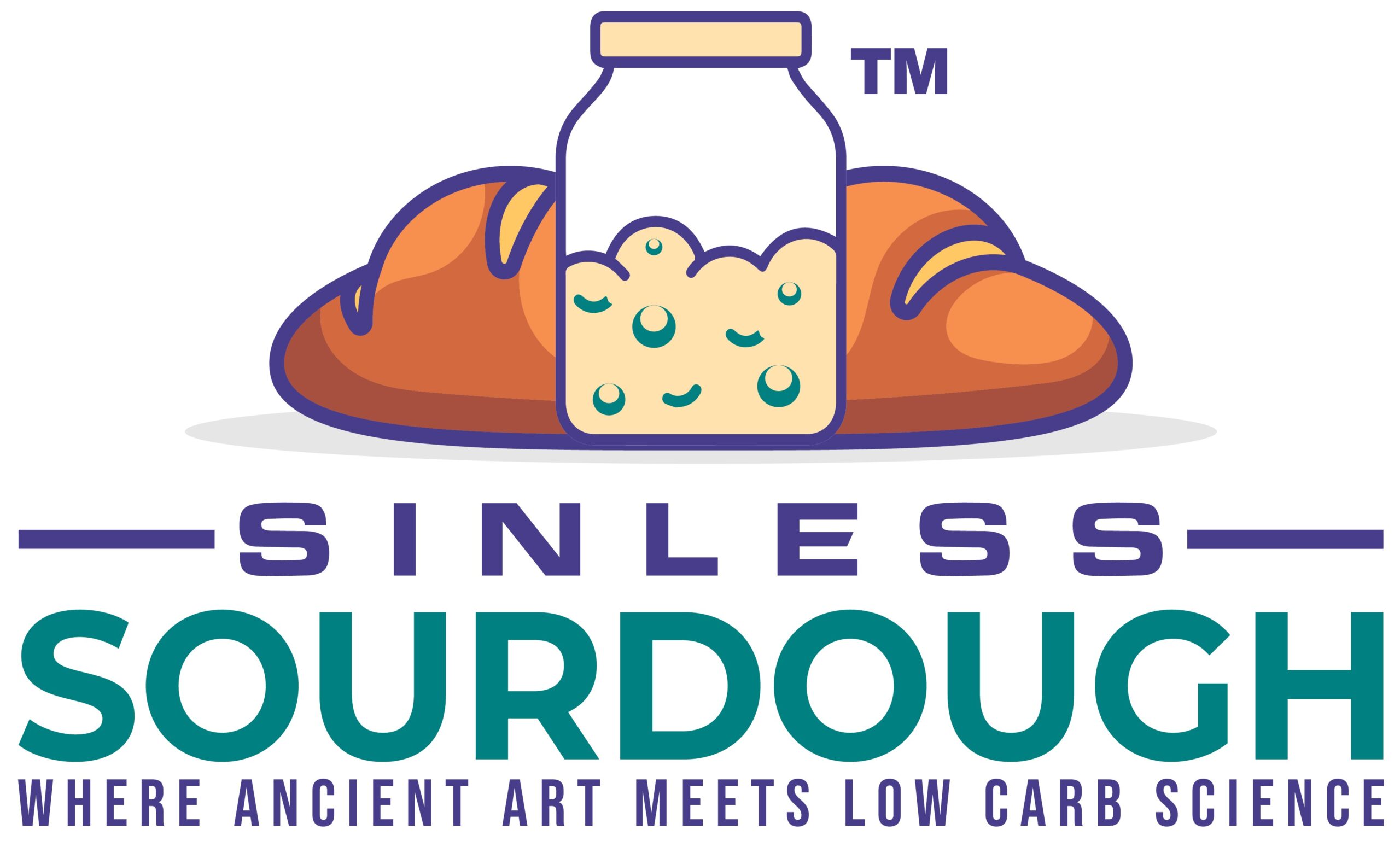



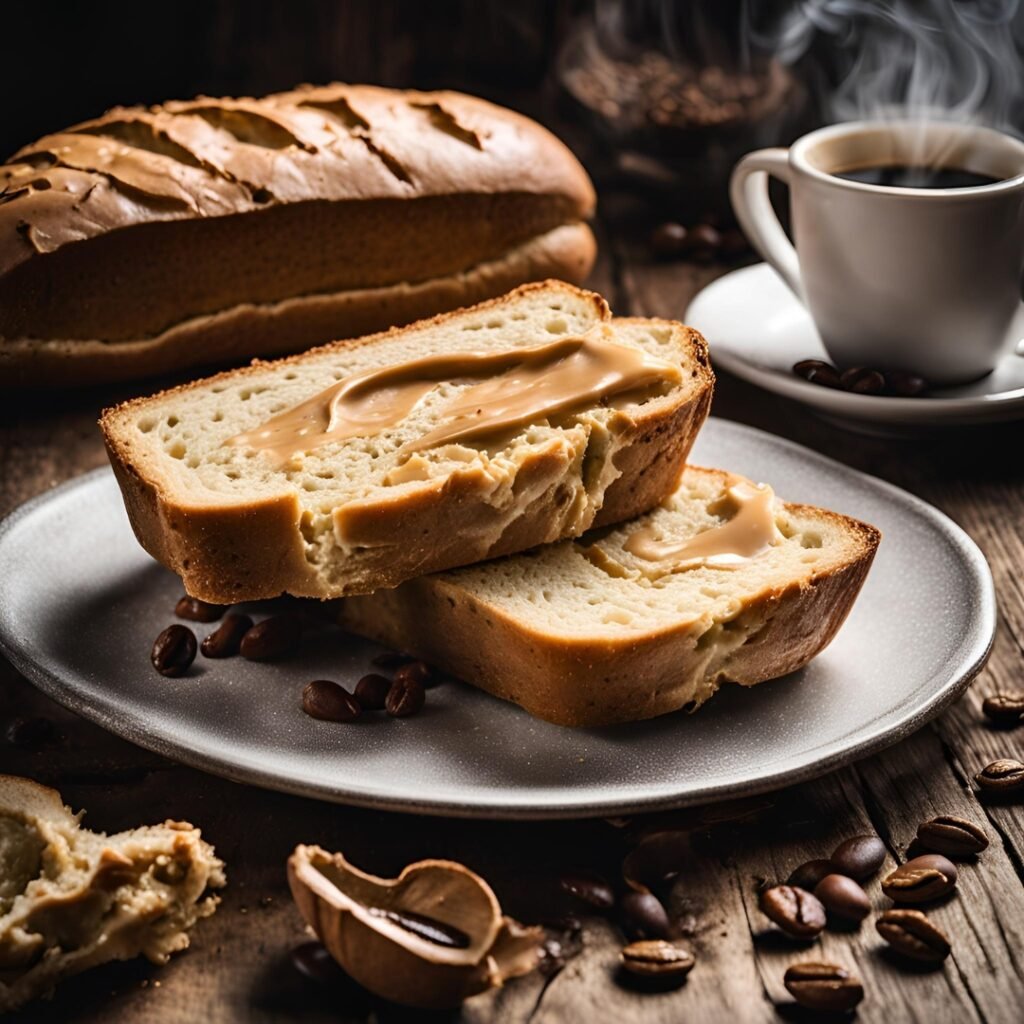
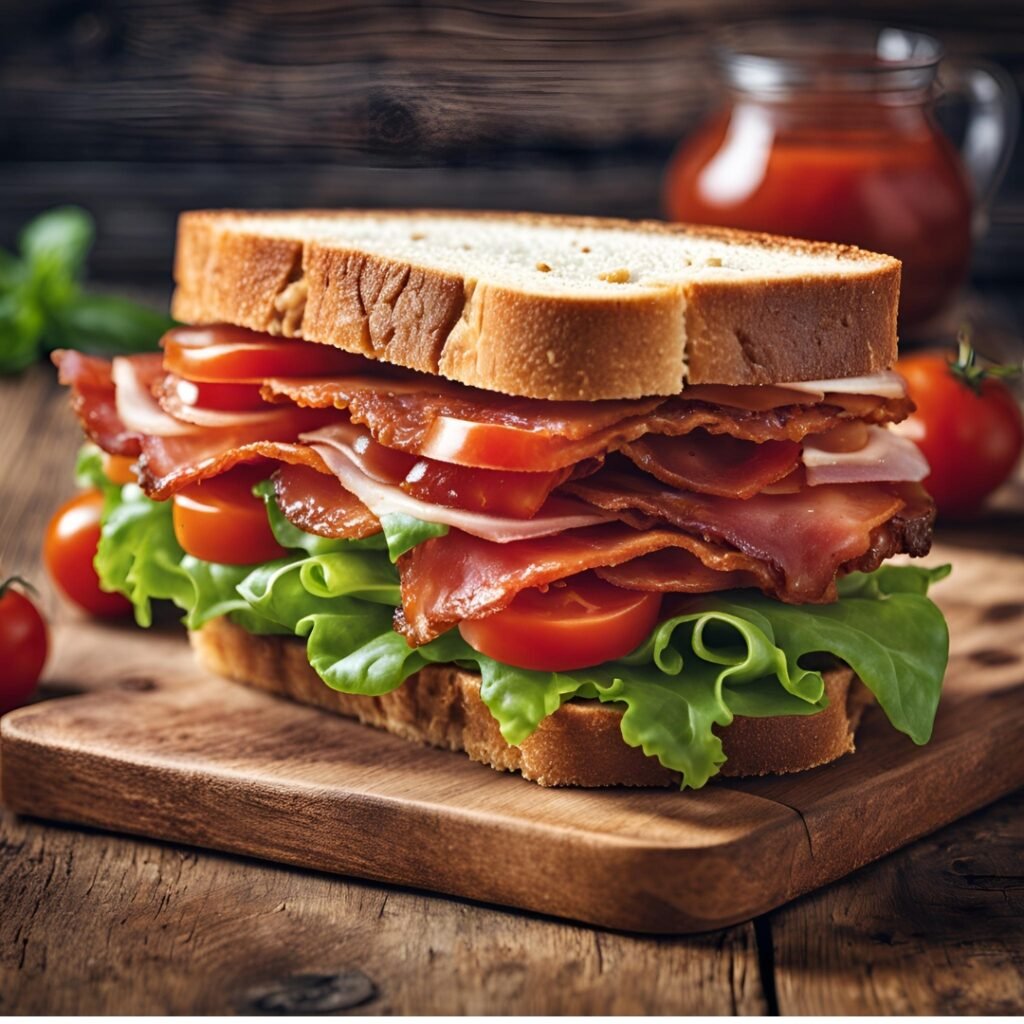
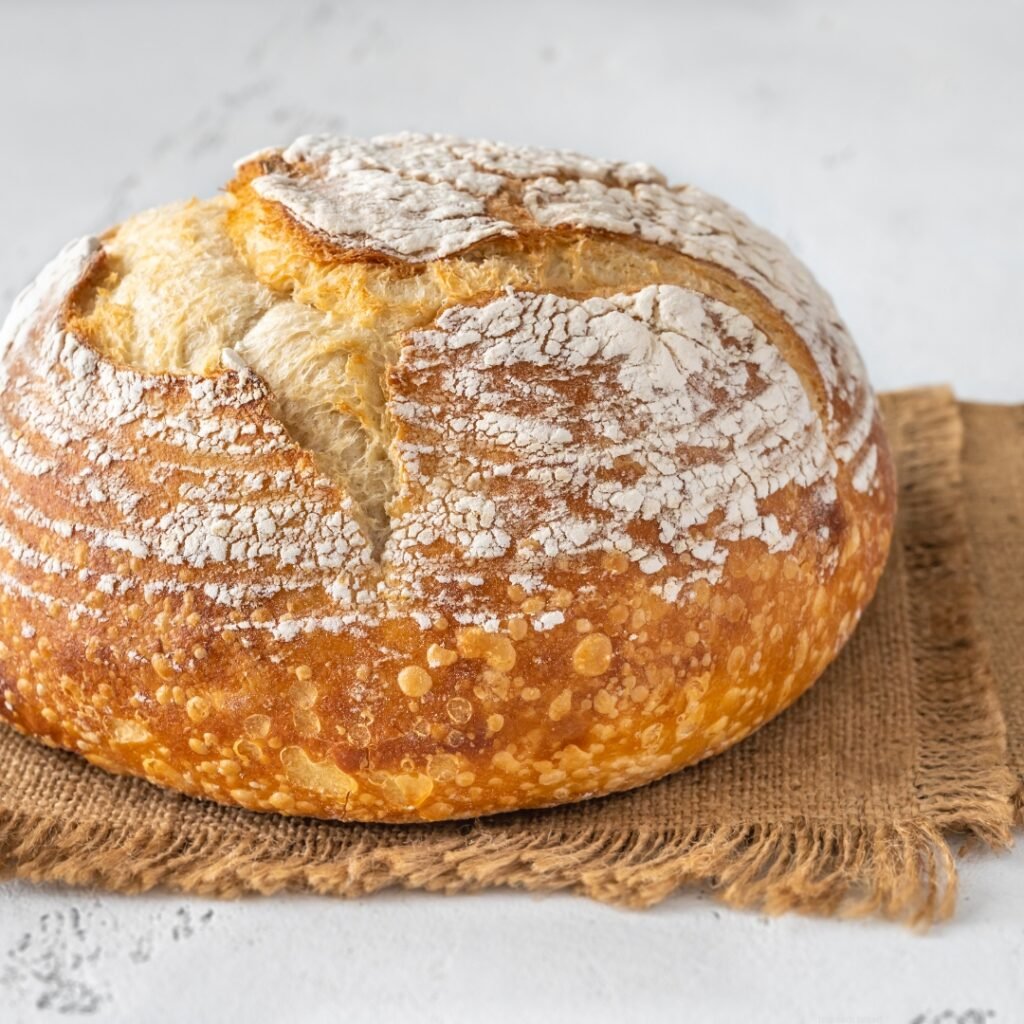
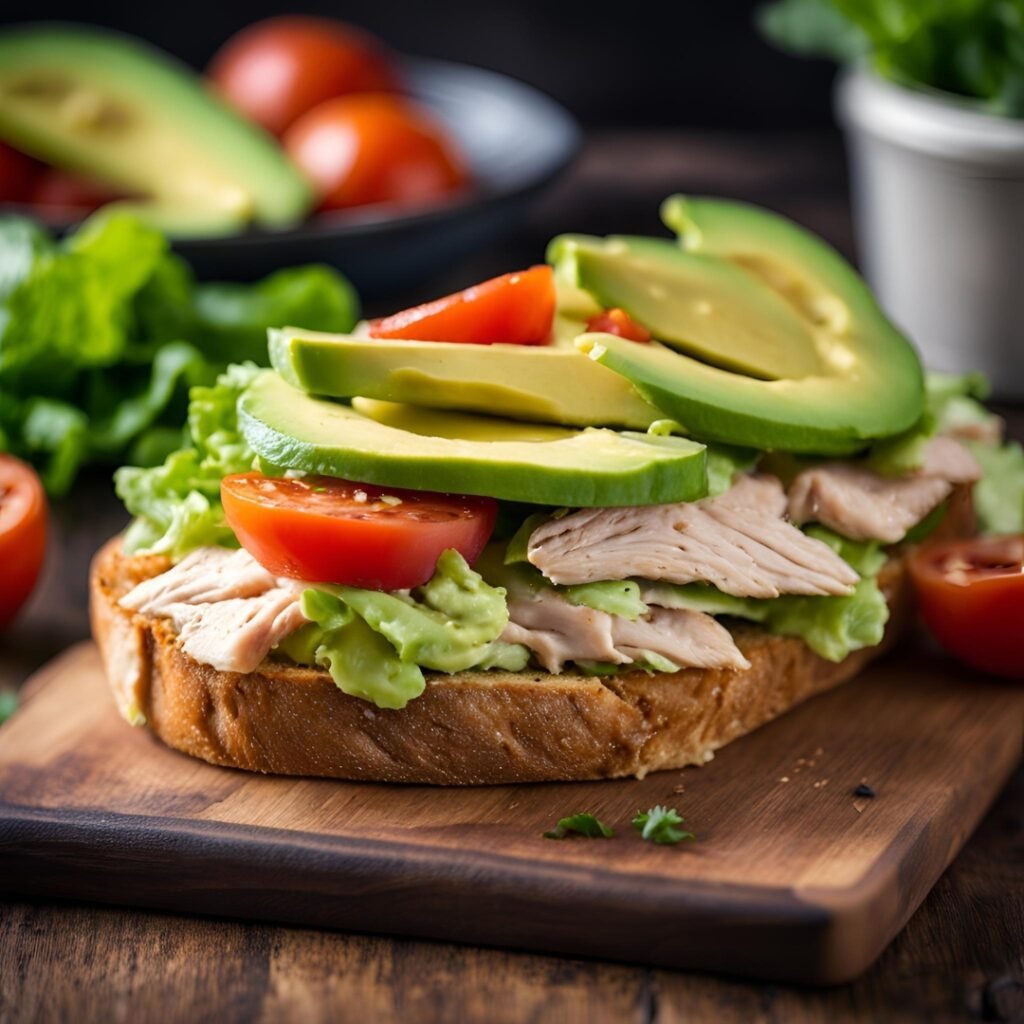
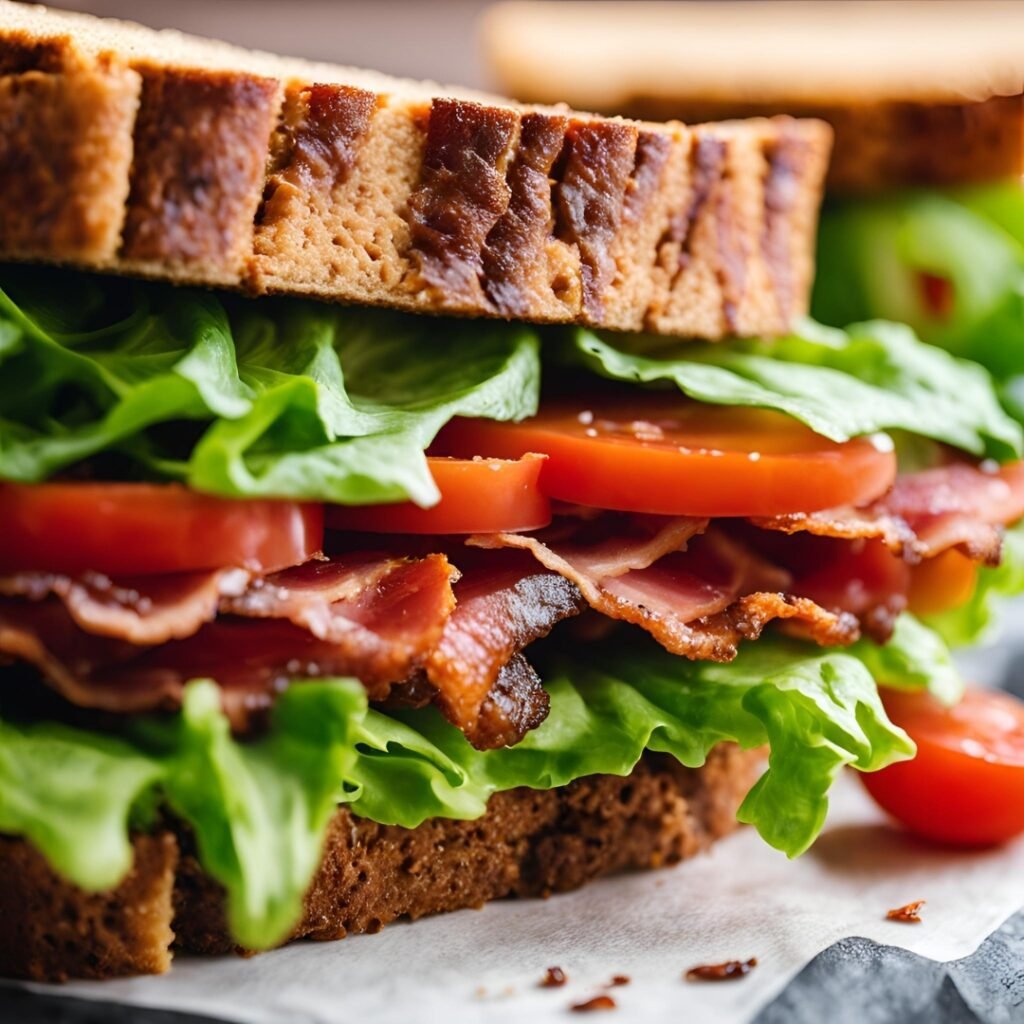

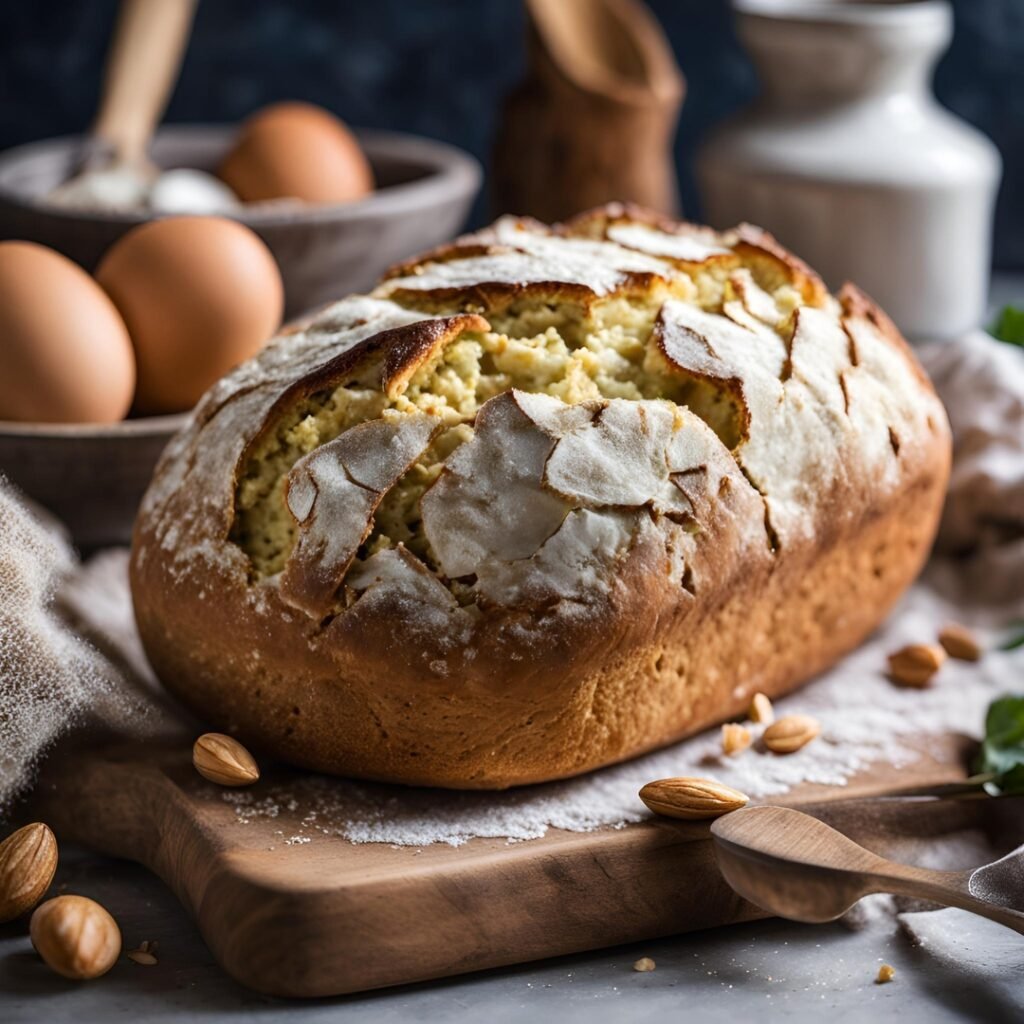
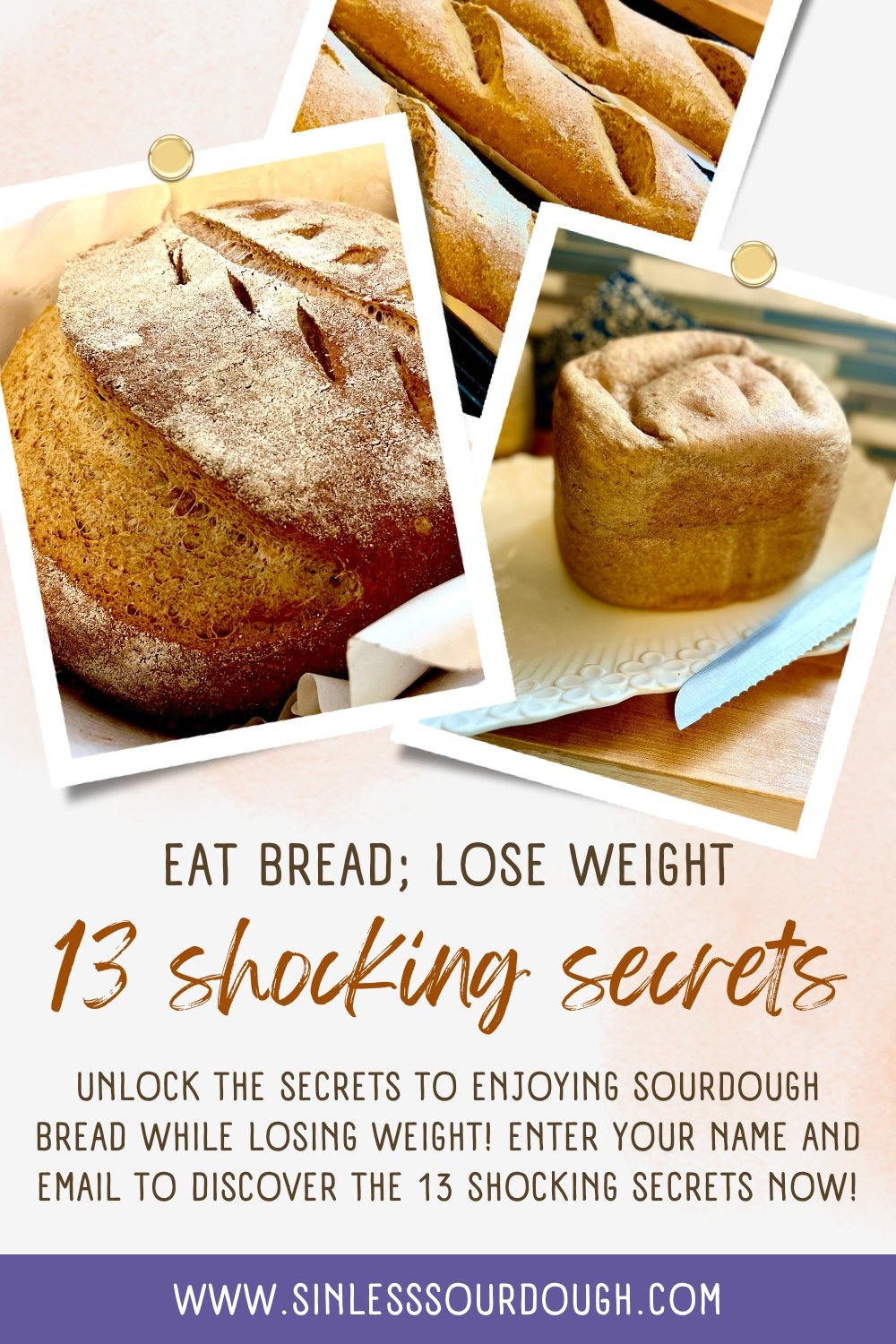
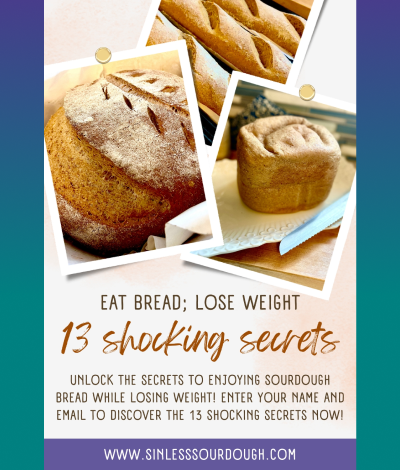
Responses